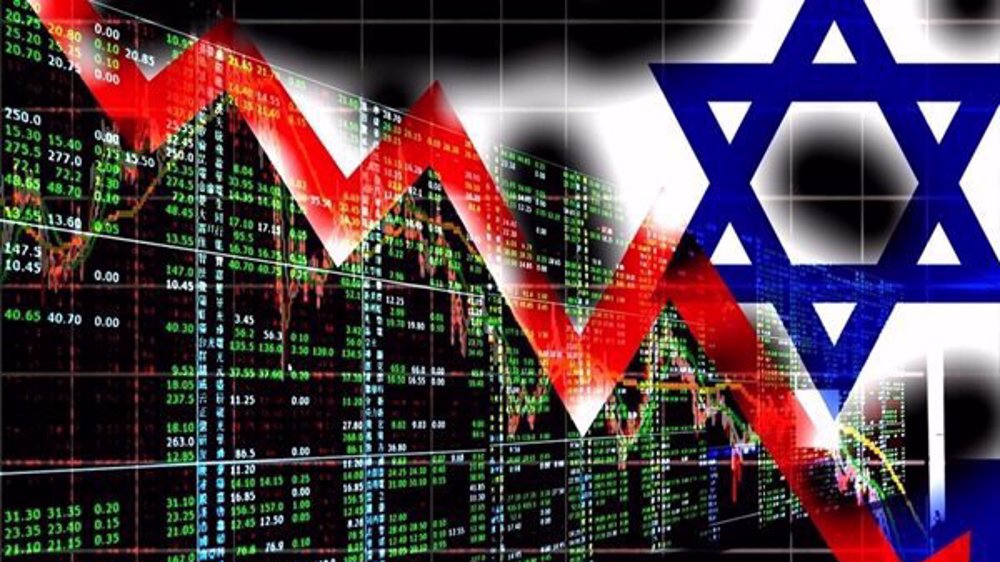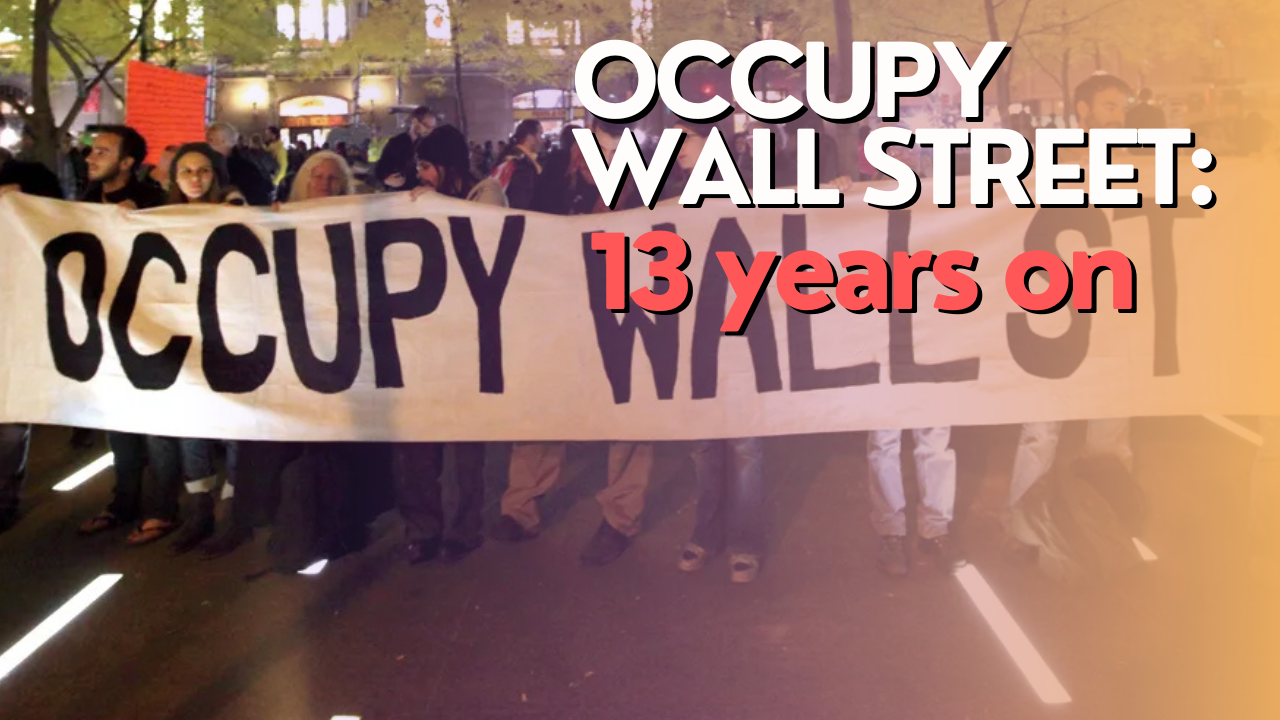Trump's withdrawal: Kissing Paris good-bye
When news emerged that the US would withdraw from the Paris climate accord, it was like a bombshell. First, US President Donald Trump was blasted for not having a clear understanding of climate change, that it was a real phenomenon. Then came the economic consequences.
The economic impact of withdrawing from the Paris climate accord is said to be huge, both for the US and the world.
The global warming itself will also be looked at, which may lead to a massive restructuring of the global economy.
Does Trump's America first and American jobs argument risk a backlash from other countries toward the US?
And does Trump's decision risk a worst case scenario, like US products being banned?
The election of President Donald Trump brought with it global shock and disbelief. Trump's campaign to make America great again came with a price. His immediate distaste for the Paris Agreement, and promise to remove the US from the accord. No sooner was he elected than this promise became a stark reality.
His argument for pulling the US out of the accord was that it would benefit the American people, and contribute to the recovery of the American industrial economy.
His selfish rhetoric ignored the global climate and pollution crisis, and he used his campaign promises to concentrate on the local issues of jobs and industry, which of course, were some of the pledges that got him elected.
Secretary of State Rex Tillerson is a former energy executive and CEO of ExxonMobile, which is itself a huge contributor to the carbon footprint.
Naturally, for the blue collar worker, this was a huge leap forward in job stability, in particular for the coal and industry workers that were beginning to see a rapid decline in jobs and security for their futures. Trump's ability to tap into the hearts of these people certainly paid dividends for the President, and certainly created a pathway to increase the economic prowess of the US.
As well as being reflected in the US coal industry, the notion spread to other jobs, again, gaining full support from the lowest end of the socio-economic scale.
VIDEO | Jordanians condemn Israel’s ban on UNRWA activities in occupied Palestine
VIDEO | Million-man march held in Yemen in support of Gaza, Lebanon
Iran says resolved to ‘legally’ pursue Gen. Soleimani assassination case
VIDEO | Outraged over Gaza genocide, Iraqi protesters burn Israel, US and UK flags
Far-right German party calls for UN probe into ‘Berlin’s role’ in Nord Stream blasts
Trump’s ‘Make America Great Again’ shows US debilitated, desperate: Fmr. IRGC chief
Jordan rage: Protesters blast Israel’s genocide in Gaza, carnage in Lebanon
Pentagon official says ‘shocked’ by Yemen’s firepower, arsenal









 This makes it easy to access the Press TV website
This makes it easy to access the Press TV website